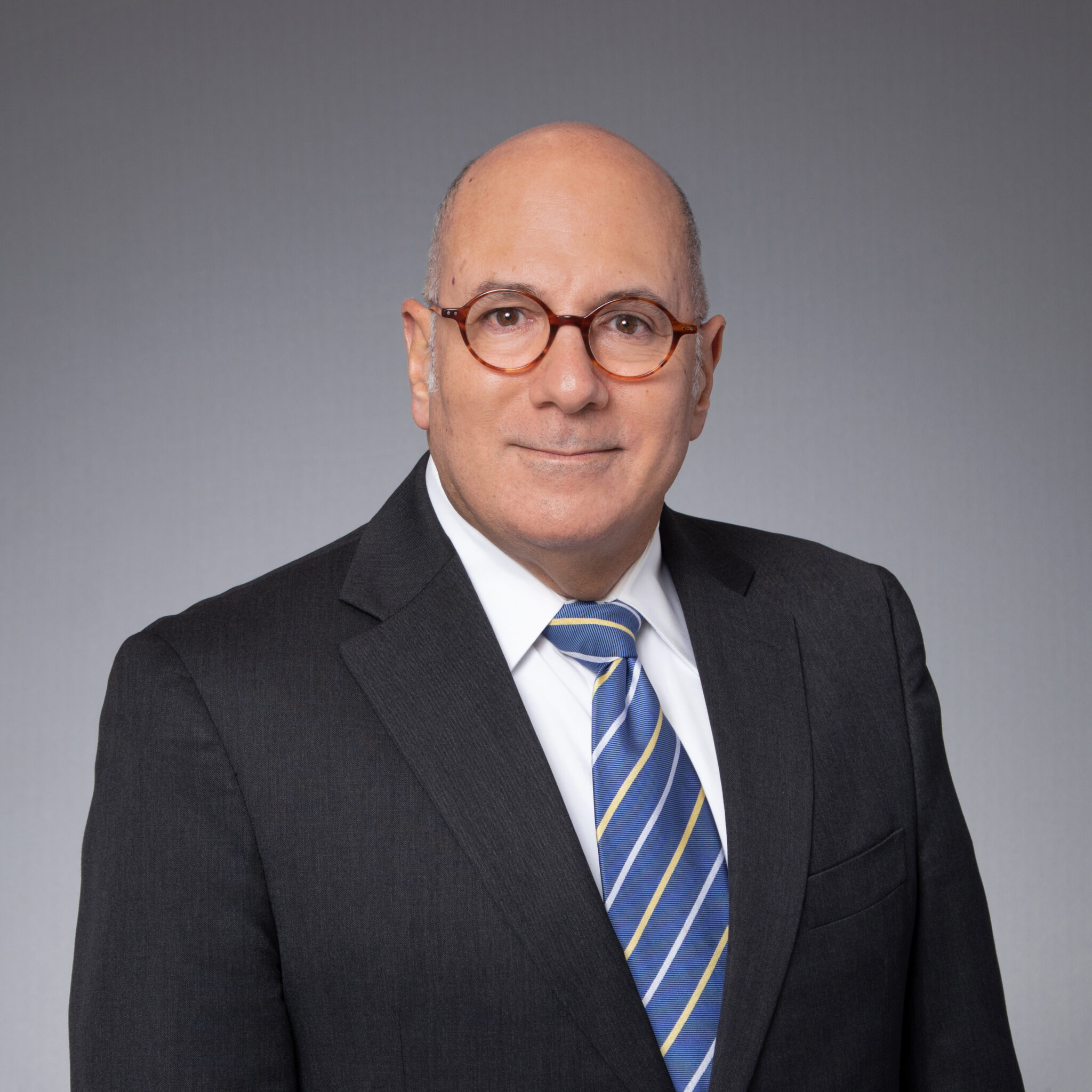Legal Considerations for LGBTQ+ Divorcing Couples in Washington State
Washington state has recognized the legality of same-sex marriage since 2012, making it one of the first three states in the nation to legalize marriage equality through a popular vote. In fact, Washington voters legalized same-sex marriage three years before the U.S. Supreme Court ruled to require every state to recognize same-sex marriages. Since then, Washington state has seen a relatively high concentration of LGBTQ couples, with recent estimates finding that Washington has the “ninth-highest percentage” of same-sex couples of any state. Of these same-sex households, approximately 58 percent reside in the Seattle area. It’s important to recognize that there are no fundamental differences, legally speaking, between same-sex divorce in Washington and the opposite-sex divorce process. The steps for obtaining a divorce will be the same.
However, there are often a few unique considerations for LGBTQ+ and same-sex couples to address, especially if they have children. The ending of any relationship can be an overwhelming and emotional time, whether you and your spouse have been together for under a year or over a decade. As you begin to untangle your lives from one another, it’s essential that you find sources of much-needed support and encouragement during this difficult time. Enlisting the guidance of an inclusive divorce attorney in Seattle can be a stabilizing force when you are feeling uncertain and adrift in the wake of your marriage ending. Your knowledgeable and caring Seattle LGBTQ divorce lawyer can answer your questions, address your concerns, and ensure that you are able to walk away from the marriage with the secure financial support you need to enjoy the next chapter of your life. Let’s take a closer look at some of the special considerations of LGBTQ family law in Washington state and the advantages of partnering with a trusted and compassionate same-sex divorce lawyer to protect your best interests at every opportunity.
Unique Issues For Same-Sex Divorces in Washington State
Since same-sex couples have equal treatment under Washington state law, the steps of the divorce process will be the same as the steps that opposite-sex couples will take to legally dissolve the marriage. In other words, you and your soon-to-be ex-spouse will still need to determine an equitable division of property so that both parties can move forward on relatively equal financial footing. While some couples are able to negotiate the terms of their divorce using honest and open communication, other couples may benefit from more structured approaches, such as mediation, arbitration, or litigation. Even if you and your spouse are in mutual agreement that dissolving the marriage is the best option, it’s helpful for both parties to hire their own attorneys who can guide important conversations and ensure that the terms of the divorce are fair and equitable. Although the specific legal steps of the divorce process in Washington state are the same for opposite-sex and same-sex spouses, there are a few notable topics that may need special attention for LGBTQ divorces. Below are just a few of these unique considerations for same-sex couples seeking a divorce in Washington state.

Parental Rights for LGBTQ Couples
If your divorce involves children, you can expect it to be more complex to navigate than cases where the couple does not have children. Parentage in opposite-sex couples is often presumed, as there is an assumption that the woman who birthed the child is the biological mother and that her male husband is the child’s biological father. However, with same-sex couples, establishing parentage can be more challenging. While Washington laws, such as RCW 26.26A.750, extend the “marital presumption of parentage” to same-sex spouses, many same-sex couples want to take additional legal steps to establish parental rights before they can address child custody matters during the divorce process. Here are some options for establishing parentage for same-sex partners.
Second-Parent Adoption
If one spouse is the biological parent of the child and the other spouse is not, the non-biological parent may pursue a second-parent adoption to receive full legal rights and responsibilities. Even though state laws generally recognize the presumption of parentage for same-sex and LGBTQ couples, advocacy groups like the LGBTQ+ Access Project state that “it is still advisable for LGBTQ couples to complete a second-parent adoption, when only one parent is on the surrogacy or adoption paperwork. This is because second-parent adoption is a court process that must be recognized by every state in the country.” If you are interested in learning more about establishing non-biological parent custody in Washington state, reach out to an inclusive and caring King County divorce and family law attorney today.
Pre-birth Agreements and Surrogacy Contracts
For couples hoping to grow their family through surrogacy, it can be helpful to put written agreements in place that recognize the parentage of both parties. Pre-birth agreements and surrogacy contracts can be reviewed and adjusted to reflect the specific needs of each situation. While it may be tempting to sign these agreements without reading the fine print, it’s worth enlisting the services of a highly experienced and trusted Seattle family law attorney who can carefully assess the terms and conditions before you finalize the contract.
Understanding LGBTQ Custody Rights in King County
Once parentage has been established for both parties, the child custody negotiations can move forward. Generally speaking, the court will recognize the custodial rights of both parents, allowing the parties to establish a parenting plan that serves the best interests of the child while providing both parents with opportunities to care for and form meaningful relationships with the child. Should an issue arise, such as cases where the couple’s relationship began well before the 2012 marriage law change, the guidance of a knowledgeable and experienced Seattle same-sex divorce lawyer can be particularly useful. Ultimately, the court will seek a child custody agreement and parenting plan that is the best fit for the child.

Domestic Violence Protections for LGBTQ+ Spouses
The divorce process is an inherently emotional experience. It’s natural to feel powerful emotions like sadness, anger, loss, grief, and more as you mourn the ending of your marriage. However, when one party turns against or acts abusively toward their spouse, the situation can become dangerous and frightening. It’s important to recognize that domestic violence occurs in same-sex and LGBTQ relationships—it does not always involve the stereotypical abusive male partner harming a female partner. According to some estimates, “43.8 percent of lesbian women and 61.1 percent of bisexual women have experienced rape, physical violence, and/or stalking by an intimate partner as compared to 35 percent of heterosexual women,” and “26 percent of gay men and 37.3 percent of bisexual men have experienced rape, physical violence, and/or stalking by an intimate partner compared to 29 percent of heterosexual men.” Domestic violence exists in the LGBTQ community, so survivors who feel trapped in an unsafe marriage or relationship are not alone. Unfortunately, there are many reasons why LGBTQ+ survivors of domestic violence do not seek help, from a fear of not being believed to fears of being outed or subjected to acts of homophobia. Here are some of the legal protections that are available for individuals seeking to leave an abusive same-sex marriage in Washington state.
Domestic Violence Protection Orders (DVPO) in Washington
If you feel trapped in an abusive relationship or marriage, you can petition the court to issue a Domestic Violence Protection Order (DVPO). This order stops the abuser from contacting you, harassing you, or intimidating you in any way for a specific amount of time (typically one year, or until it is renewed by the court). Once the DVPO is in effect, the party must immediately cease all forms of contact or risk serious penalties for violating the terms of the order. You can learn more about the DVPO petition process by reaching out to Seattle’s go-to family law and divorce firm for the customized information you need.
Finding Sources of Support During this Challenging Time
One of the most important steps to take when seeking to leave an abusive marriage is to identify sources of support. When you find at least one person (i.e., a therapist, friend, family member, co-worker, or other professional), you can create a plan of action to escape your living situation for good. Seeking the guidance of an inclusive and supportive Seattle divorce lawyer is critical to ensuring that you can move through this challenging process with greater understanding and confidence.
Get Started With an Inclusive and Caring Seattle Attorney Today
For nearly four decades, the Hemmat Law Group has been serving individuals and families throughout Washington state and helping them resolve their family law disputes. We recognize that family law and divorce cases are highly personal and sensitive, which is why we are committed to treating you with the care, compassion, and respect that you deserve during this challenging time. Please reach out to our Seattle, Washington office today at (206) 682-5200 to get started with a highly experienced and empathetic divorce and family law attorney.
The Hemmat Law Group (HLG) was founded in 1994 by Steven Amir Hemmat, a former DOJ Trial Attorney. We specialize in family law, supporting victims of the legal system.
The Hemmat Law Group help good people in bad situations.
Our divorce lawyers provide expert legal advice for all aspects of divorce, including child custody, support and property division. Contact us today.














